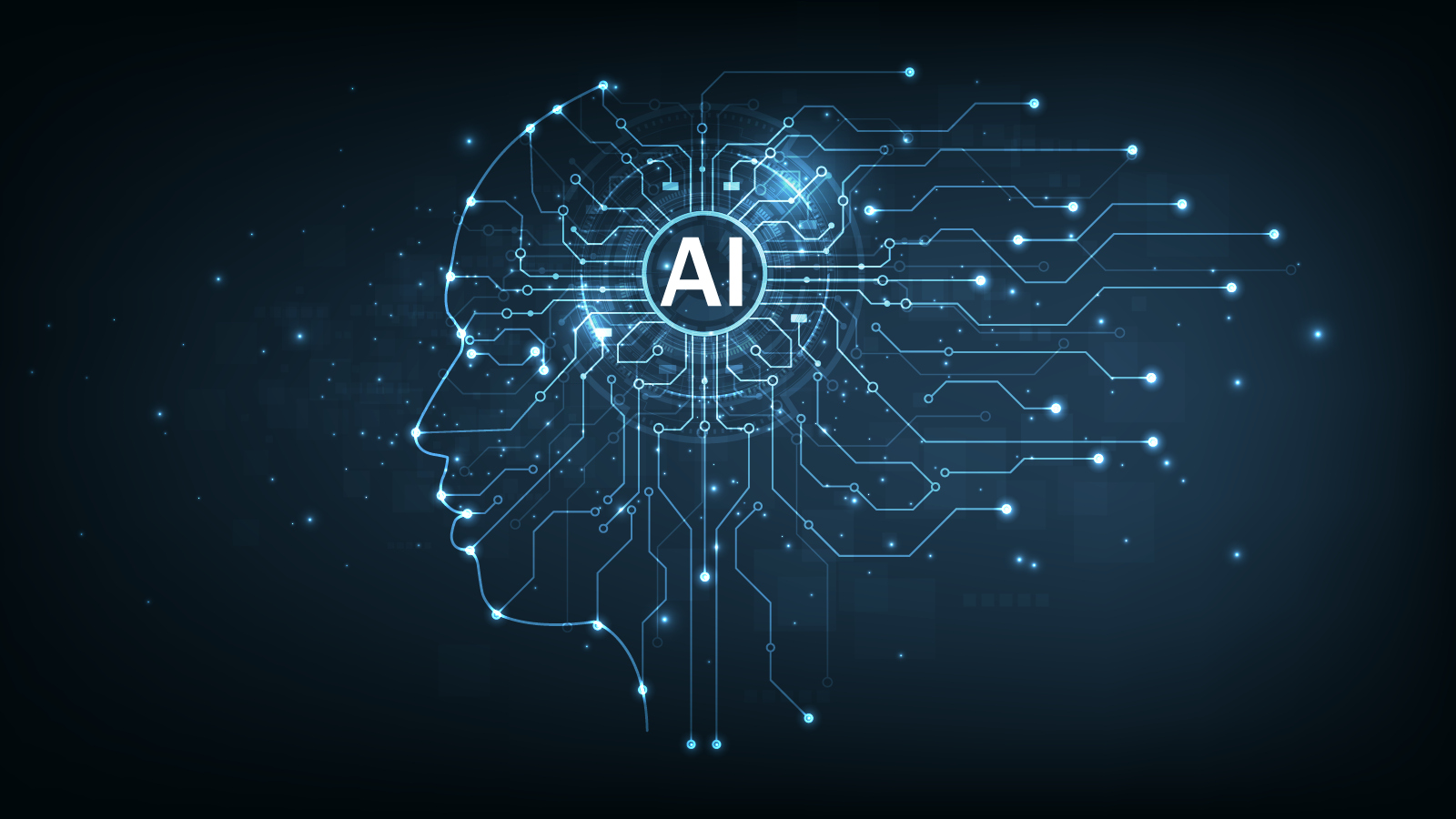Artificial Intelligence: Transforming the Future

Introduction
Artificial Intelligence (AI) has rapidly evolved from a futuristic concept to an integral part of our daily lives. From virtual assistants like Siri and Alexa to advanced machine learning algorithms powering self-driving cars, AI is revolutionizing industries and shaping the way we interact with technology. But what exactly is AI, and how is it transforming the future?
What is Artificial Intelligence?
Artificial Intelligence refers to the simulation of human intelligence in machines, enabling them to think, learn, and make decisions. AI systems process vast amounts of data, recognize patterns, and perform tasks that typically require human cognition, such as problem-solving, language understanding, and visual perception.
Types of AI
AI is broadly classified into the following categories:
-
Narrow AI (Weak AI): Designed for specific tasks, such as facial recognition, language translation, or recommendation systems (e.g., Netflix and YouTube suggestions).
-
General AI (Strong AI): Hypothetical AI that possesses human-like intelligence, capable of reasoning, understanding, and making independent decisions.
-
Super AI: A theoretical form of AI that surpasses human intelligence in every aspect, potentially reshaping civilization.
Applications of AI
AI is transforming various sectors, including:
1. Healthcare
-
AI-powered diagnostic tools help detect diseases like cancer at early stages.
-
Robotic surgery improves precision and reduces risks.
-
AI chatbots assist patients with medical inquiries and appointments.
2. Business & Marketing
-
AI analyzes consumer behavior to offer personalized recommendations.
-
Chatbots enhance customer support by providing instant responses.
-
Automation tools optimize supply chain management and financial forecasting.
3. Education
-
AI-driven platforms personalize learning experiences for students.
-
Automated grading systems save educators time.
-
Virtual tutors provide real-time assistance.
4. Transportation
-
AI enables self-driving vehicles and traffic management systems.
-
Predictive analytics optimize logistics and reduce fuel consumption.
-
AI-powered drones assist in surveillance and delivery services.
5. Entertainment & Media
-
AI generates realistic images, videos, and music.
-
AI-driven content curation enhances user experience on streaming platforms.
-
Deep learning models help detect and prevent misinformation.
The Future of AI
AI is advancing at an unprecedented pace, raising questions about its ethical implications. While it offers immense benefits, challenges such as data privacy, job displacement, and AI bias need to be addressed. Governments, businesses, and researchers must work together to create responsible AI systems that prioritize human welfare.
Conclusion
Artificial Intelligence is not just a technological advancement but a revolution shaping the future. As AI continues to evolve, it has the potential to solve global challenges, enhance efficiency, and improve the quality of life. However, responsible AI development is crucial to ensuring that its benefits outweigh its risks. The journey of AI has only just begun, and the possibilities are limitless.

